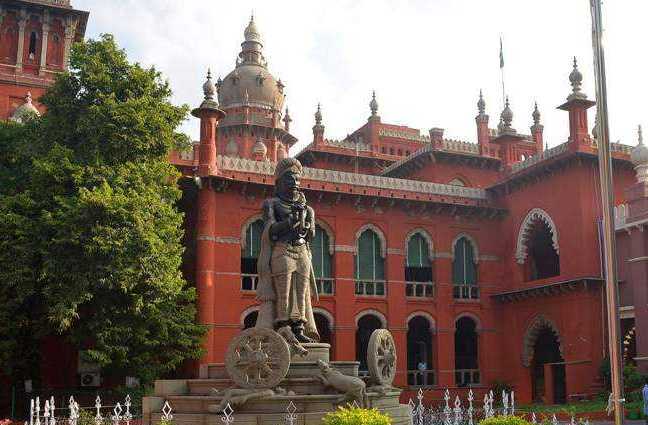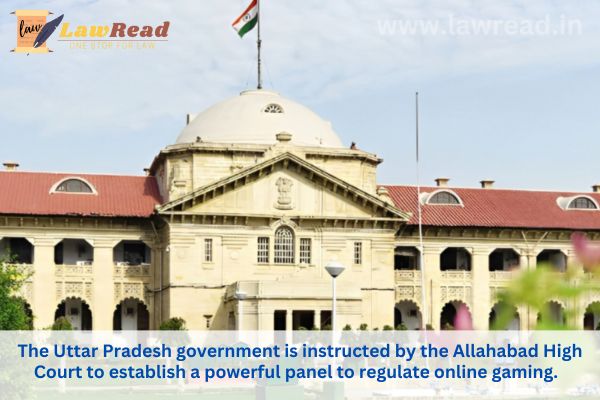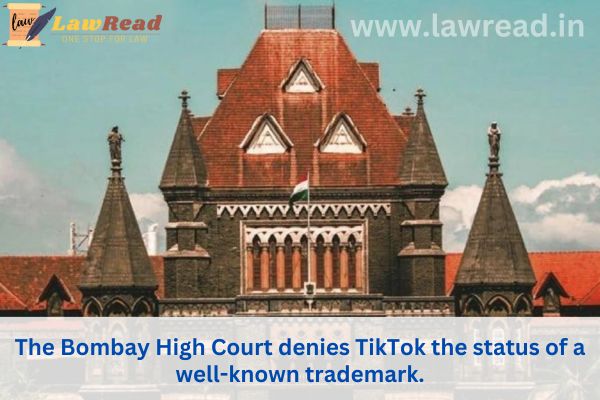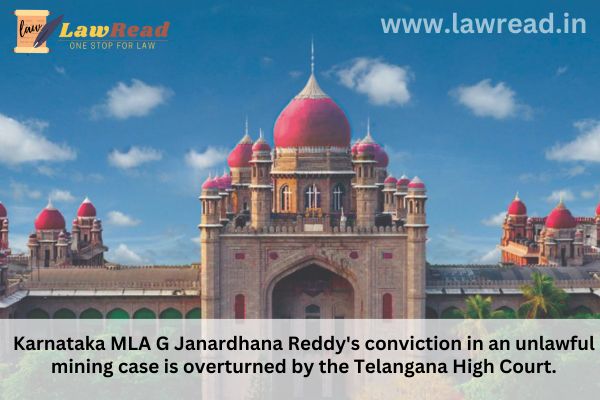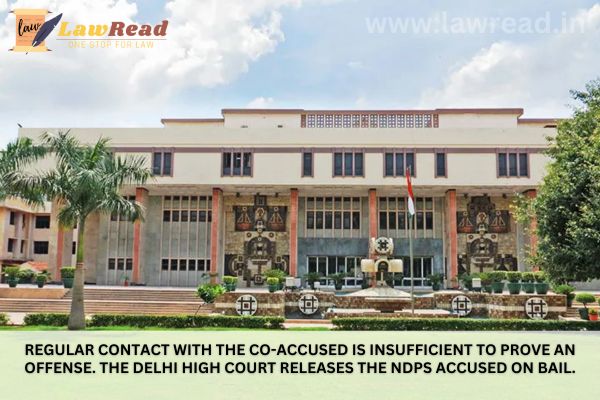News
In a case involving cloud services taxes, the Delhi High Court finds in favor of Amazon.
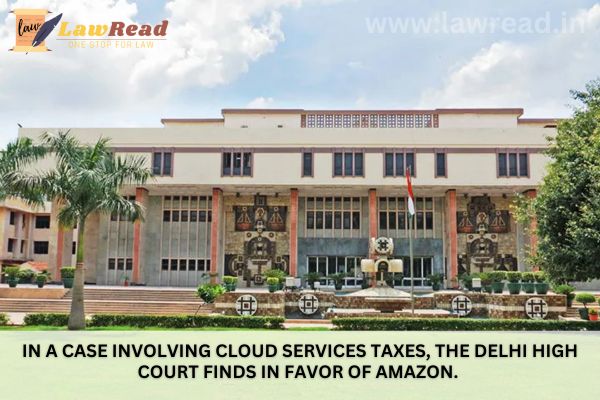
Payments for cloud services are not taxed as royalties or technical fees, the Court ruled.
On Thursday, the Delhi High Court ruled that, in accordance with the Income Tax Act of 1961 and the India-United States Double Taxation Avoidance Agreement (DTAA), payments made by Indian companies to foreign cloud service providers in exchange for standardized cloud computing services cannot be regarded as royalties or fees for technical services (FTS) [Commissioner of Income Tax - International Taxation v. Amazon Web Services].
In a series of appeals brought by the Commissioner of Income Tax (International Taxation) against the US cloud service firm Amazon Web Services (AWS), a Division Bench consisting of Justices Vibhu Bakhru and Tejas Karia rendered the decision.
However, the Court made it clear that the decision had wider ramifications for how typical cloud services are taxed in India. The Bench dismissed the Revenue's argument that, simply because the services provided entailed access to servers, APIs, or data infrastructure, AWS's payments to Indian customers were subject to royalty or FTS taxes.
The Court upheld the Income Tax Appellate Tribunal's (ITAT) conclusions in favor of the assessee, ruling that "the customers do not acquire any right or title or any IPR that would entitle them to exploit or commercially monetize the said assets on its own."
The disagreement resulted from reassessment procedures that were started against AWS for the academic years 2014–15 and 2016–17. According to the Assessing Officer, AWS's profits from Indian clients, including Snapdeal, could be subject to FTS or royalty taxes in India.
The Department contended that under Section 9 of the Income Tax Act and Article 12 of the India-US DTAA, the consideration received qualified as equipment royalty or technical fees because the services provided by AWS involved the use of scientific infrastructure, software, and equipment.
However, AWS argued that it did not transfer any technological know-how, intellectual property, or the right to utilize its infrastructure; rather, it just provided self-service, standardized, automated cloud computing services through pre-established contracts and interfaces.
The current appeal resulted from the ITAT accepting AWS' argument.
According to the Court, AWS' services were fundamentally "standard and automated" cloud computing that was provided remotely without the need for human intervention or the transfer of proprietary rights. It mentioned:
- Only restricted, non-exclusive, and non-transferable access to the AWS platform was provided to customers;
- Technical expertise or abilities were not transferred;
- Customers did not have access to the infrastructure;
- The software's source code was never disclosed, and the services were only available online.
"No evidence suggests that providing such a service involves the transmission of any technical know-how, skill, information, or technique. The Court noted, "The assessee's customers do not acquire any right to commercially exploit any of the assessee's IPRs."
The Revenue's argument that AWS support services amounted to technical or consulting services that made technology available to clients was likewise dismissed by the Bench.
"The assessee's provision of specific support and assistance to its clients does not in any way bolster the argument that the assessee provides technology or technical expertise."
Citing rulings from the Supreme Court and the High Court, the Court finally decided,
"The matter at hand in this appeal is also addressed in the assesses favor. The argument that the sum paid to the assesses for rendering services would be subject to equipment royalty tax is without substance, in our opinion.
Aditi Sabharwal, Abhishek Anand, and Anant Mann were among the Revenue's representatives, as was Senior Standing Counsel Ruchir Bhatia.
Advocates Rohit Jain, Aniket D. Agrawal, Manish Kanth, and Manisha Sharma advised Senior Advocate Porus Kaka when he appeared for AWS.

